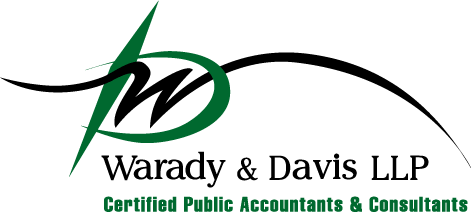To date, the Paycheck Protection Program (PPP) has provided over 5 million loans, totaling nearly $520 billion. More than $130 billion remains for new applicants. Now, however, the question is how to handle forgiveness applications for such a large number of loans in an efficient manner.
Call for PPP Loan Forgiveness
Last month, two bank lobbying organizations asked Congress to automatically forgive PPP Loans of less than $150,000.
At the time of the proposal, records showed that PPP Loans under $150,000 represented approximately 86% of loans made, but only 26% of loan dollars. Or to put it another way, only 14% of the total loans account for 74% of the funds borrowed under the program.
These smaller loans are the least profitable for banks to manage and can place an administrative burden on small businesses at a time when many are struggling.
Treasury Secretary Steven Mnuchin has suggested that not all PPP Loans should be verified. Mnuchin recommended any forgiveness program should include fraud protection. He went on to recommend additional loans targeted to help minority-owned small businesses and allowing businesses in industries that have been especially hard-hit to apply for a second PPP Loan. Any additional loans would include provisions to help prevent fraud, waste, and abuse.
Program Forgiveness Rules Are Complicated
Small businesses can have all or part of their PPP Loan forgiven if they meet certain criteria. These rules have changed numerous times since the program launched, causing confusion among many small business owners.
In short, some or all of the funds borrowed under the PPP Loan program can be forgiven if 60% or more of the funds were used for payroll expenses. The remaining funds must be used for qualifying expenses in order to be forgiven. These qualifying expenses include rent, utilities, and interest payments on a mortgage.
Funds are available, so if you have not applied for a PPP loan yet, you may want to consider doing so. The five-page PPP Loan Forgiveness Application is available HERE.
Forgiving the Smallest Loans Would Benefit More Than Just Small Business Owners
Forgiving loans of less than $150,000 could ultimately benefit small business owners, banks, and even the government.
Providing blanket forgiveness for these loans, or loans under a similar threshold, frees up both bank and government resources toward processing higher-value loans. Government resources would be better served by focusing on larger loans and investigating potential fraud, including possible fraud under any potential forgiveness threshold.
Banks will benefit due to reduced overhead. Banks are ultimately responsible for determining loan forgiveness. PPP Loans that are not forgiven are converted to either a 2-year or a five-year loan at 1% interest.
Finally, small business owners would also greatly benefit by receiving blanket forgiveness. This would remove the burden of applying for loan forgiveness and allow the business owners to focus on keeping their businesses operational at a time when many owners are pressed for time and resources.
We Are Here to Help
When the SBA & Treasury release their PPP loan forgiveness FAQs and new stimulus legislation becomes law, we will provide e-alerts and webinars including a PPP loan forgiveness update. In the meantime, please contact us with your questions or concerns at 847-267-9600 or info@waradydavis.com. You can also visit the Warady & Davis LLP COVID-19 Resource Center for a wealth of information on stimulus assistance, new legislation and much more. This information is updated regularly.
This is a rapidly evolving situation so please do not hesitate to reach out to us; we are here to help.
